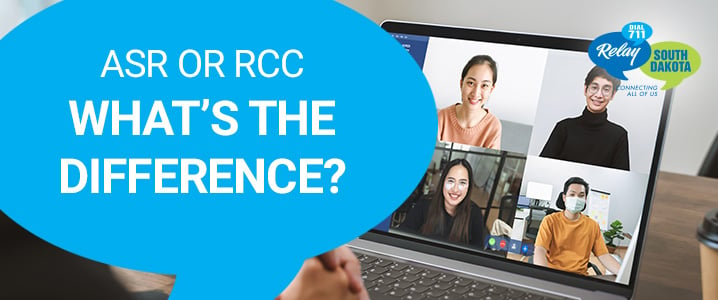
News
4 Exciting Technologies for the Deaf and Hard of Hearing
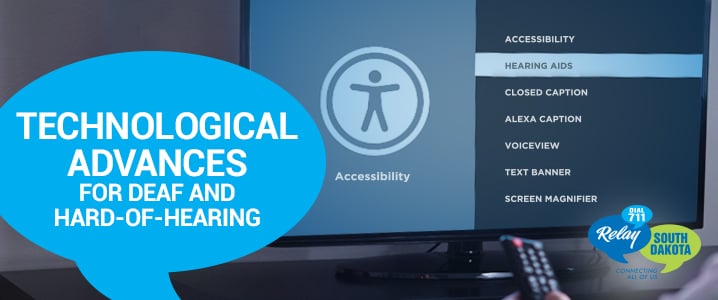
Sometimes all the smart technology and screens can seem overwhelming and even distracting. However, technology has a lot of significant pros when it comes to helping the hard-of-hearing and deaf communities. Thanks to incredibly talented app developers, you can use mobile applications on your smartphone to help make conversations feel effortless.
Take a look at some of the hearing- and speech-assistance apps you can download today.
Read the articleFeel Confident with Age-Related Hearing Loss
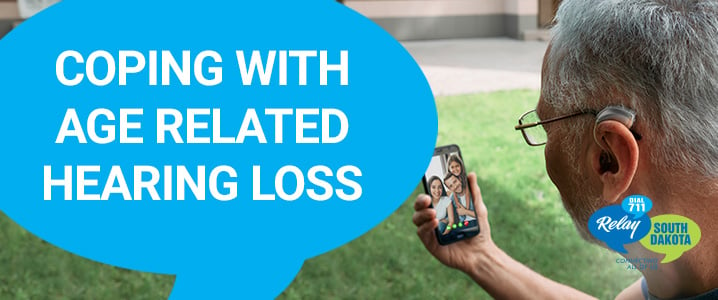
Sometimes all the smart technology and screens can seem overwhelming and even distracting. However, technology has a lot of significant pros when it comes to helping the hard-of-hearing and deaf communities. Thanks to incredibly talented app developers, you can use mobile applications on your smartphone to help make conversations feel effortless.
Take a look at some of the hearing- and speech-assistance apps you can download today.
Read the articleMaking Connections Easy – The Advantages of Relay’s TED Program
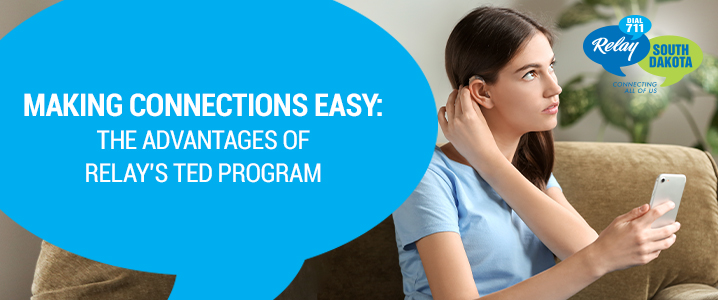
Connection is so critical in your everyday life – but it’s impossible to find it without the right tools. Tasks like answering the phone, dialing a number and general communication can mean different things for different people. For someone who is deaf, is hard of hearing or has a speech disability, finding the right equipment is paramount.
Connection is so critical in your everyday life – but it’s impossible to find it without the right tools. Tasks like answering the phone, dialing a number[..]
Read the articleHow to Use Relay Conference Captioning Step-by-Step
.png)
If you’ve used Relay services, you know the impact it can have on your everyday life—from connecting with loved ones, to catching up with friends, to enabling lines of communication for your parents or deaf or hard-of-hearing family members. But did you know Relay South Dakota’s services go beyond the personal?
Read the articleMobile Phone Accessibility Features
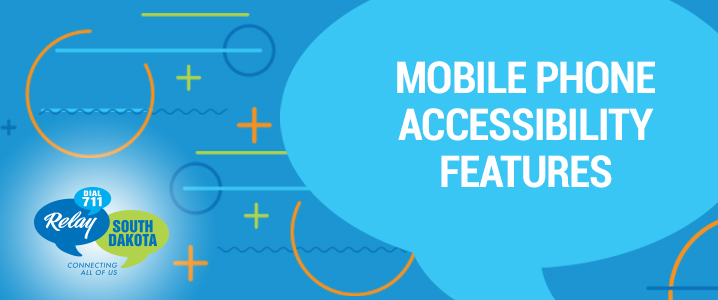
Technology impacts communities in different ways. For the deaf and hard-of-hearing community, assistive technology has made large leaps in recent years. Everything from digital assistants to live captioning has helped people who are deaf or hard of hearing communicate. Ever since mobile devices and internet-based technologies have become essential parts of our daily lives, accessibility has been a must. With technology improving by the day, there might be some applications that you should be aware of that slip through the cracks.
Read the articleStay Connected at No-Cost: Relay Equipment Program
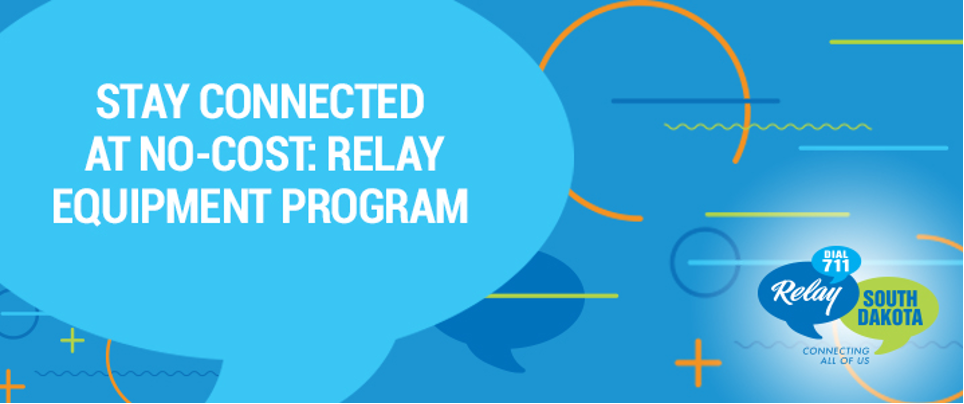
A mandated nationwide system of telecommunication relay service has assisted people who are deaf, hard of hearing or have speech impairments ever since the Americans with Disabilities Act (ADA) of 1990 was established. Over the years, it’s helped families, friends, coworkers and acquaintances stay connected.
Read the articleTech Tools for the Hard of Hearing
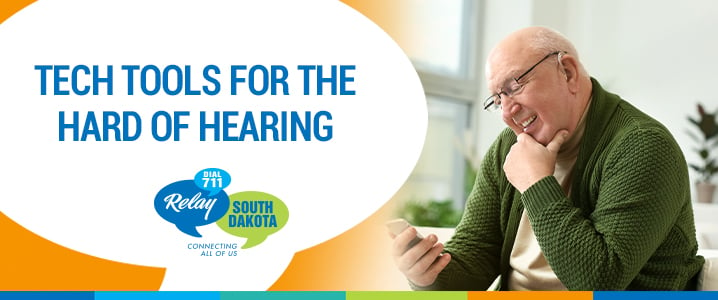
Assistive technology can improve people’s lives considerably. It promotes independence, productivity and inclusion to those who are deaf or hard of hearing. We live in a world that’s quickly evolving, and because of this, assistive technology is prime for innovation and production. Over 54 million Americans have a condition that requires some type of assistance throughout their day – so there’s plenty of need for assistive technology.
Read the articleStay Connected with Remote Conference Captioning
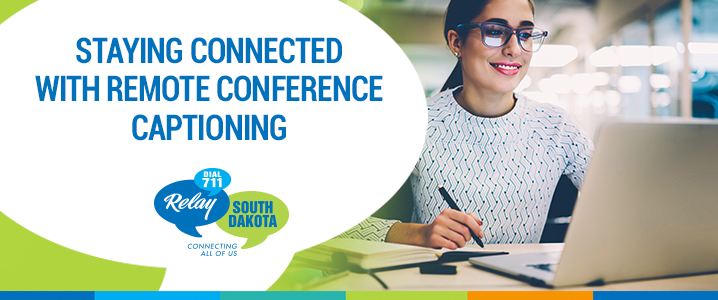
Teamwork makes the dream work – especially when it comes to business conference calls. Relay Conference Captioning (RCC) empowers deaf and hard-of-hearing professionals with real-time, streamed captioning during conference calls and webinars.
It’s a must-have collaboration and communication tool for today’s high-productivity workplace.
Read the articleTop 5 Fire Safety Devices for People with Hearing Loss
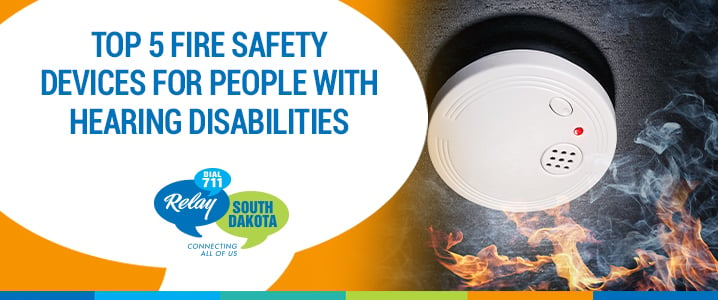
A fire can start anywhere, anytime. In fact, residential fires occur more frequently in the colder months. And according to the Federal Emergency Management Agency, 51% of all house fire deaths occur from 11pm to 7am when most people are asleep. Because a majority of fire alarms are auditory, people with hearing loss are more susceptible to the dangers of house fires – especially in the nighttime.
Prepare yourself by learning about the variety of smoke alarms and fire safety devices available for people with hearing loss.
Read the article
